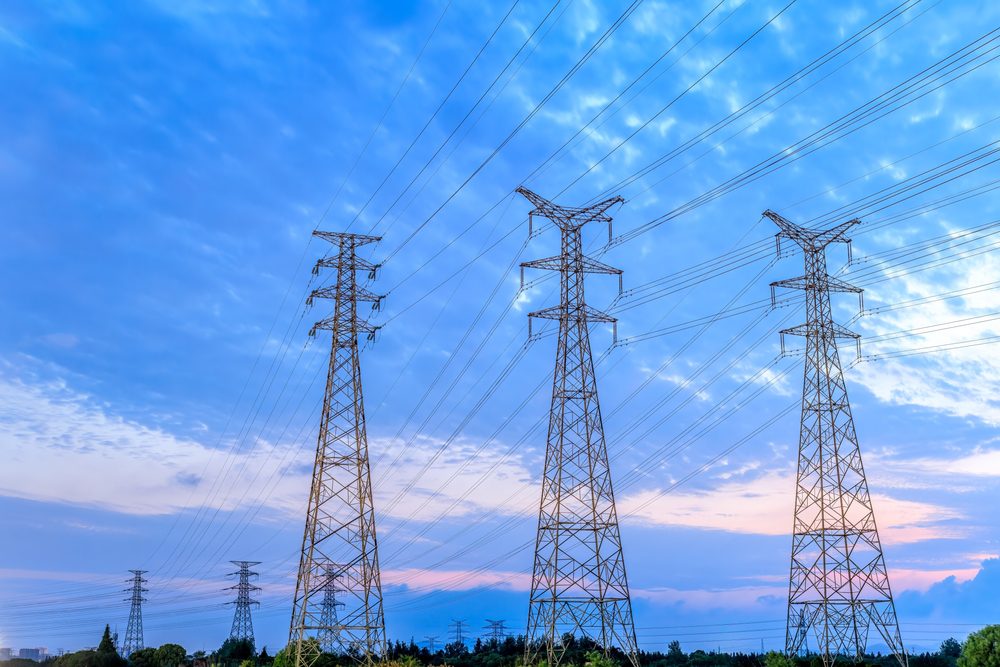
- Chairman of Bigger Pie Forum Kelley Williams warns that electricity rate increases could be around the corner with big data center investments and that Mississippi’s Public Service Commission has been sidelined while other states step up their PSC’s authority to protect ratepayers.
The Public Service Commission’s (PSC) job is to protect small customers from big monopolies. Entergy Mississippi is part of Entergy Corporation. It’s a big electricity monopoly, government granted and protected, with utility subs in four states.
Homeowners, renters and small business are small customers. PSCs are regulators empowered by state legislatures. In Mississippi, the PSC is supposed to assure small customers reliable, affordable electricity. The current PSC is trying. Some past PSCs, not so much.
The PSC has three commissioners who represent different parts of the state and are elected to serve four-year terms. The current commissioners are independent and are trying to protect ratepayers. Unfortunately, they have been benched.
How? When the Governor and the Legislature approved a deal for Amazon to invest $10 billion in Mississippi on two data centers, they also made a series of concessions:
- Under the approved package, the PSC cannot change what Entergy MS and Amazon agree to even if it harms other customers.
- Entergy MS’s costs to build plants, generate, and transmit power are exempt from competitive bidding.
- The current 4% annual cost increase cap in Entergy’s Formula Rate Plan is removed. So there are no limits on Entergy’s annual rate increases related to the Amazon project.
- Entergy may begin construction prior to government permits and approvals.
- Costs incurred prior to approvals are deemed “used and useful” regardless of subsequent reviews. The PSC’s historic used and useful test to determine if costs are prudent and can
be included in the rate base is moot.
The Data Center Effect
Rates for small customers have risen in other states with data centers. They are likely to rise more in Mississippi because these concessions make the “data center effect” worse.
What is the data center effect?
It’s making small customers pay for part of the huge investments utilities make to provide power to data centers even though small customers don’t need or use the power. “That’s not fair,” you say. You are right, but it’s profitable for utilities like Entergy. And it’s a sweetheart deal for Amazon because those customers pick up part of the tab for its power.
Mississippi could wind up being the poster child for the worst data center effect in the country. Why? Because Entergy MS has a blank check that the PSC can only audit and that small customers must cash.
The way utilities make money is to spend money on power plants, transmission lines, substations, and other infrastructure. The more they spend, the more they make because they get a government-guaranteed 10.5%+ return (profit) on their approved investments.
Entergy Corporation borrows some of the cost of its investments at lower rates to leverage its return on equity (shareholders’ capital). It was 11.6% in 2024. Pension funds like to invest in
utilities. They have predictable high returns, safe dividends, and no competition.
Lessons from the Past, Other Places
Entergy MS returns related to investments for Amazon’s data centers are likely to be higher than Entergy Corp’s other subs. Without the PSC’s oversight, what are the risks?
Remember Mississippi Power’s Kemper County lignite boondoggle? It was supposed to turn low-grade coal into synthetic natural gas to generate electricity. It was supposed to cost
$1.6 billion. The PSC, beholden to then-Governor Barbour, threw no penalty flags while the company lied and its cost ballooned to $7 billion.
Mississippi Power finally gave up on turning lignite into synthetic natural gas and paid for most of the plant cost. But the PSC stuck residential customers with a 17% rate increase anyway to modify the plant’s turbines to run on natural gas and generate electricity that wasn’t needed in the first place.
So with Mississippi’s PSC benched and prohibited from approving costs, Entergy MS might be tempted to go wild — because the more it spends, the more it makes.
In contrast to Mississippi, Georgia’s PSC has moved to protect residential customers from excess cost associated with Georgia’s data center boom. Early this year, it approved new rules requiring data centers to pay for generation, transmission, and distribution costs incurred to serve them. It will freeze rate increases for three years.
Georgia’s Legislature has moved to plug loopholes in PSC rules that could permit Georgia Power to pass data centers’ expenses onto residential and small business customers. Their rates have
increased 37% in the past two years.
Hello Mississippi Legislators! The voters who elected you include homeowners, renters, small business owners and employees. They face a potential tsunami of rate increases.
If and when those rate increases hit, your constituents may look at Georgia’s 37% and think: “Hold my beer – while I replace my legislator with one who cares about me.”










